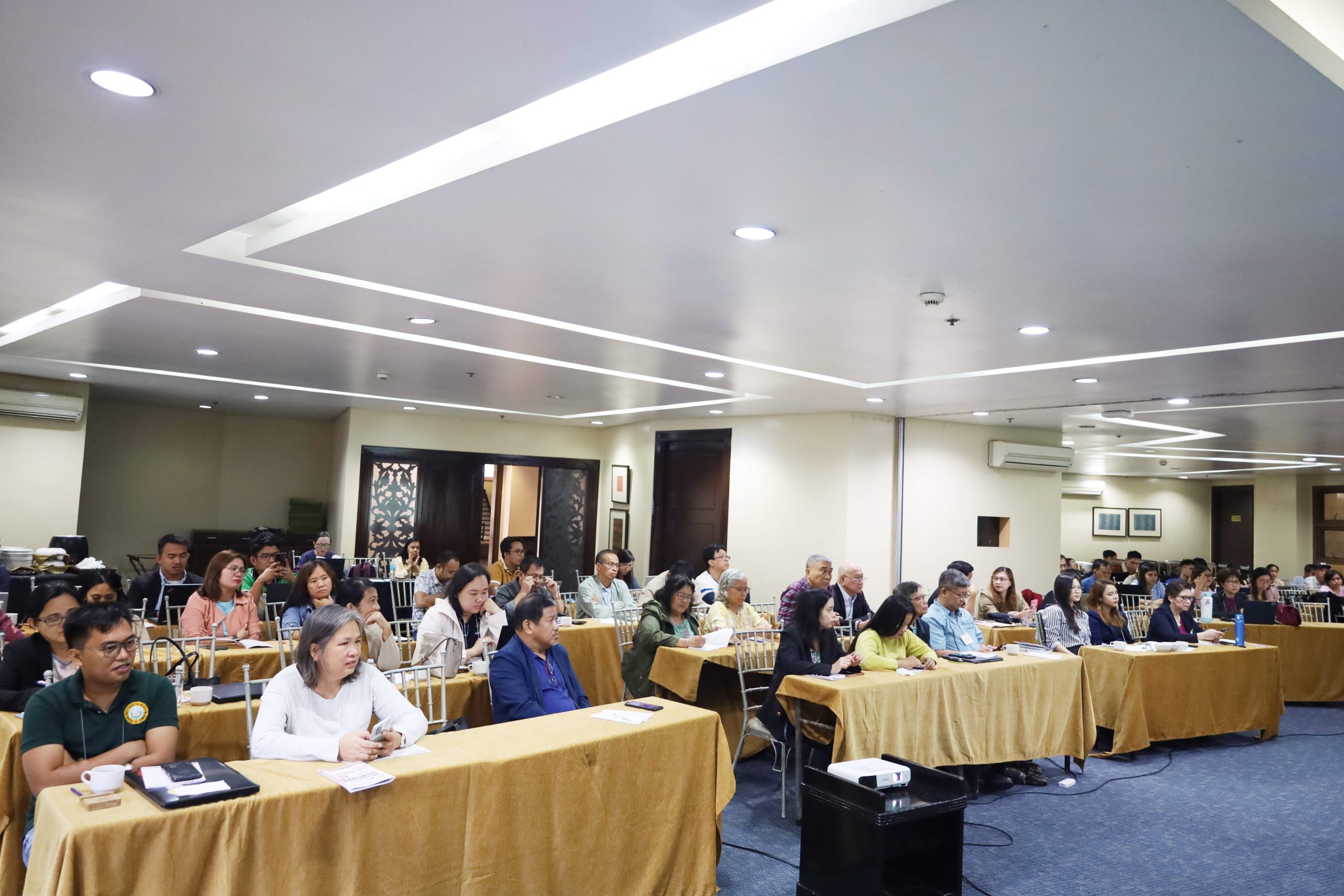
The Philippine Council for Agriculture and Fisheries (PCAF) recently convened stakeholders from both the public and the private sectors for a series of assessments aimed at enhancing the local agricultural machinery and infrastructure industries.
Held from August 5 to 9, 2024 in Baguio City, the back-to-back midyear performance reviews of the National Agricultural and Fisheries Machinery Assemblers, Manufacturers, Importers, Distributors, and Dealers Accreditation and Classification (NAMDAC) and the Constructors’ Performance Evaluation System (CPES) provided a platform for discussions on improving these vital participatory and consultative mechanisms.
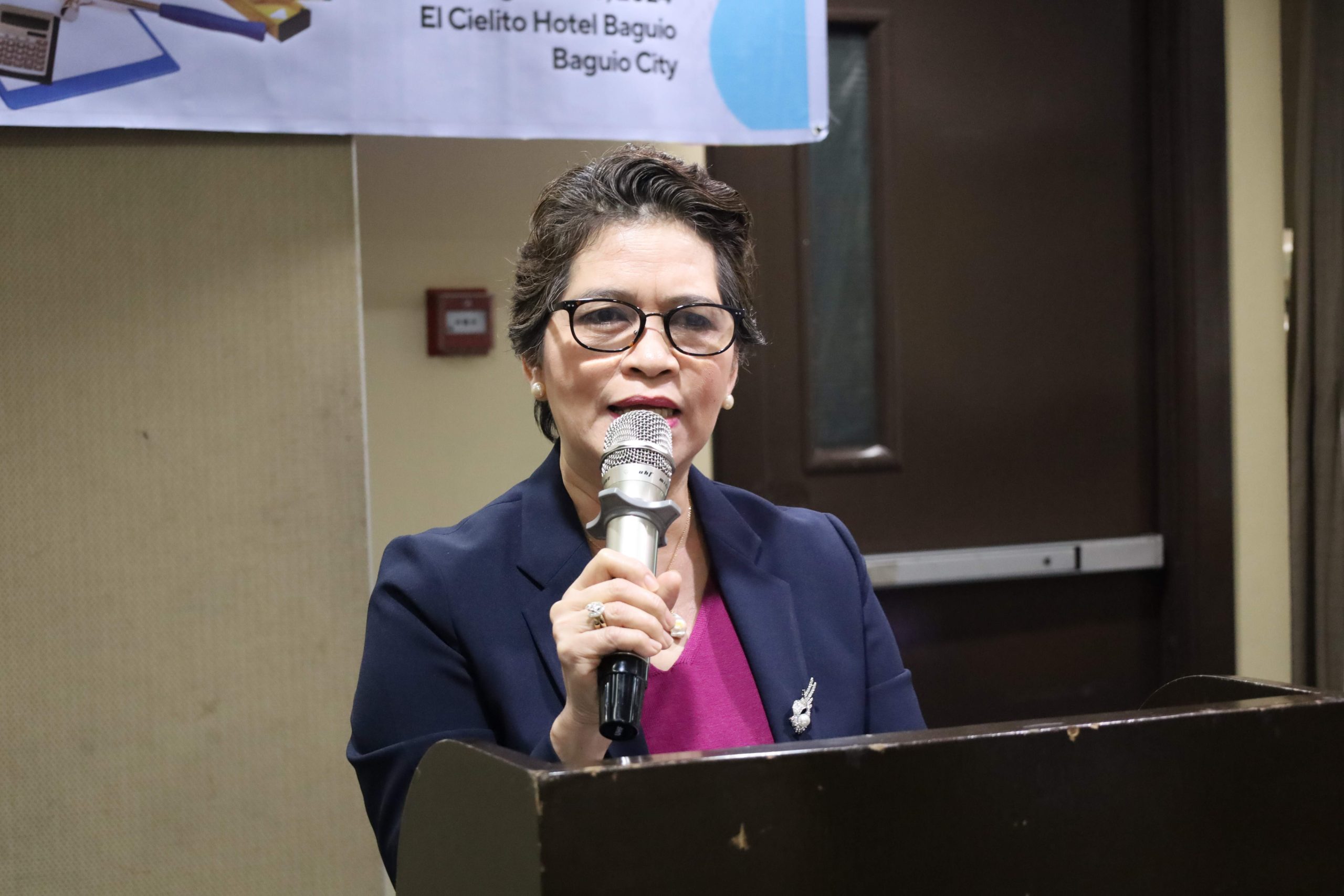
In her opening message, PCAF OIC-Executive Director Julieta Opulencia highlighted the importance of the private sectors’ and suppliers’ participation in making the NAMDAC Program an effective tool in advancing mechanization in the country.
“By working together, we can create a thriving system that empowers Filipino farmers and fisherfolk with access to high-quality, reliable agricultural machinery towards a more productive and food-secure nation,” she said.
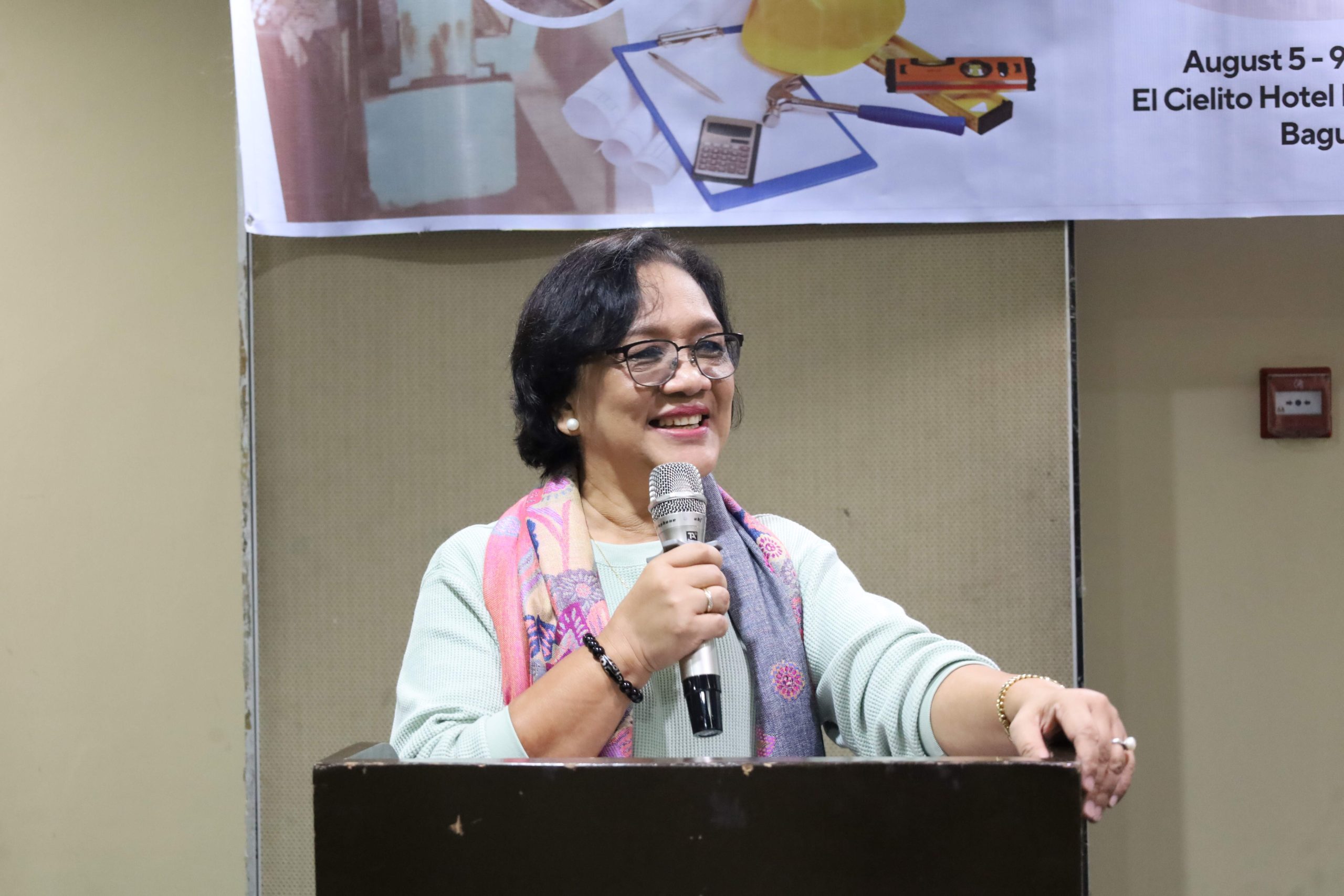
The NAMDAC review focused on clarifying accreditation processes and requirements, with a particular emphasis on strengthening after-sales service standards. A key outcome of the activity was the recommendation to develop guidelines for revoking the NAMDAC Certificate of Accreditation (CoA) for suppliers with poor after-sales service. This move seeks to ensure that only reputable agri-machinery suppliers can participate in government procurement.
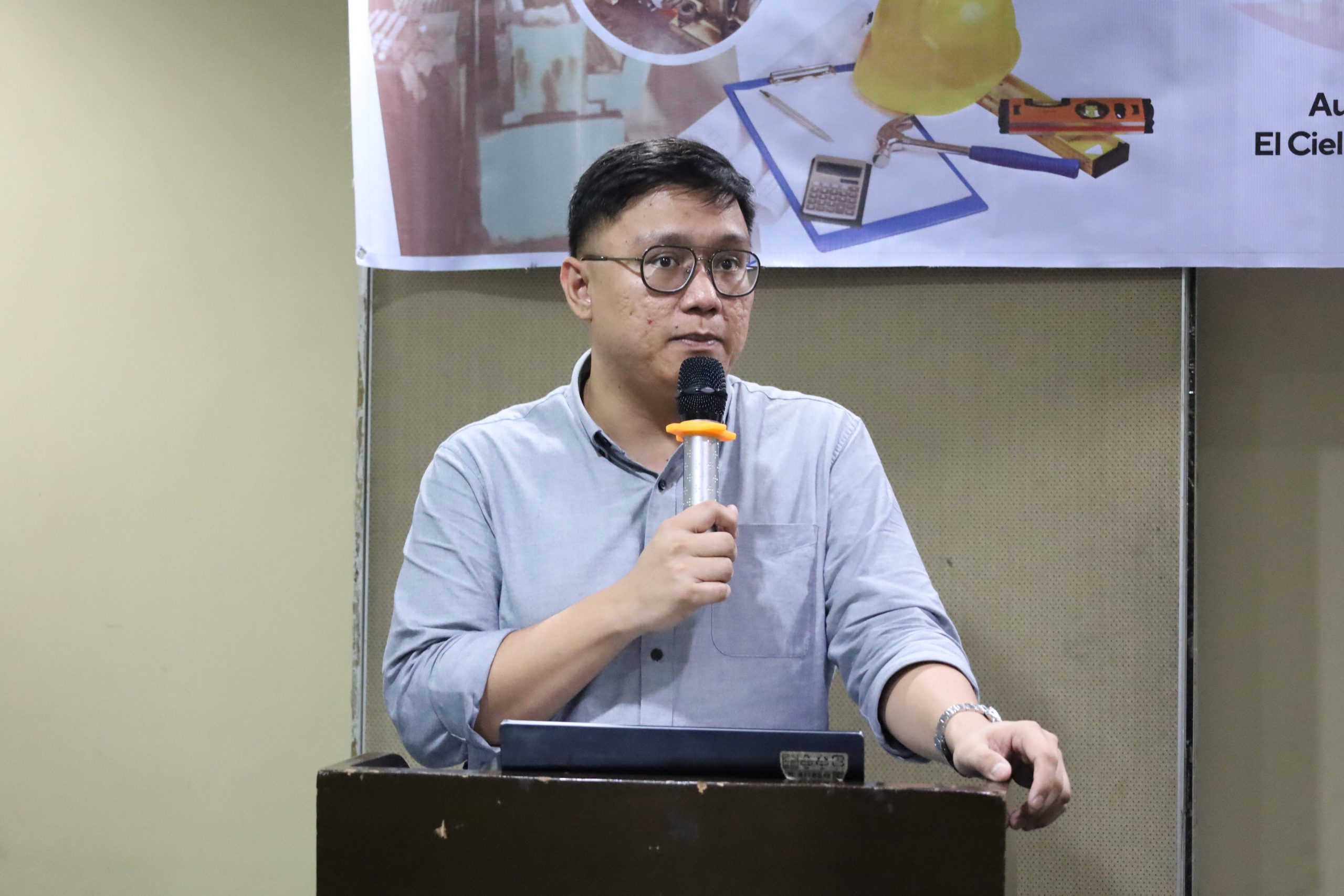
To complement and strengthen its evaluation processes, PCAF also integrated insights from its Planning, Monitoring, and Knowledge Management Division-Monitoring and Evaluation Section (PMKMD-MES) into the performance reviews. For the first time, a representative from the PMKMD-MES shared findings on the participatory monitoring and tracking of DA infrastructure and mechanization projects.
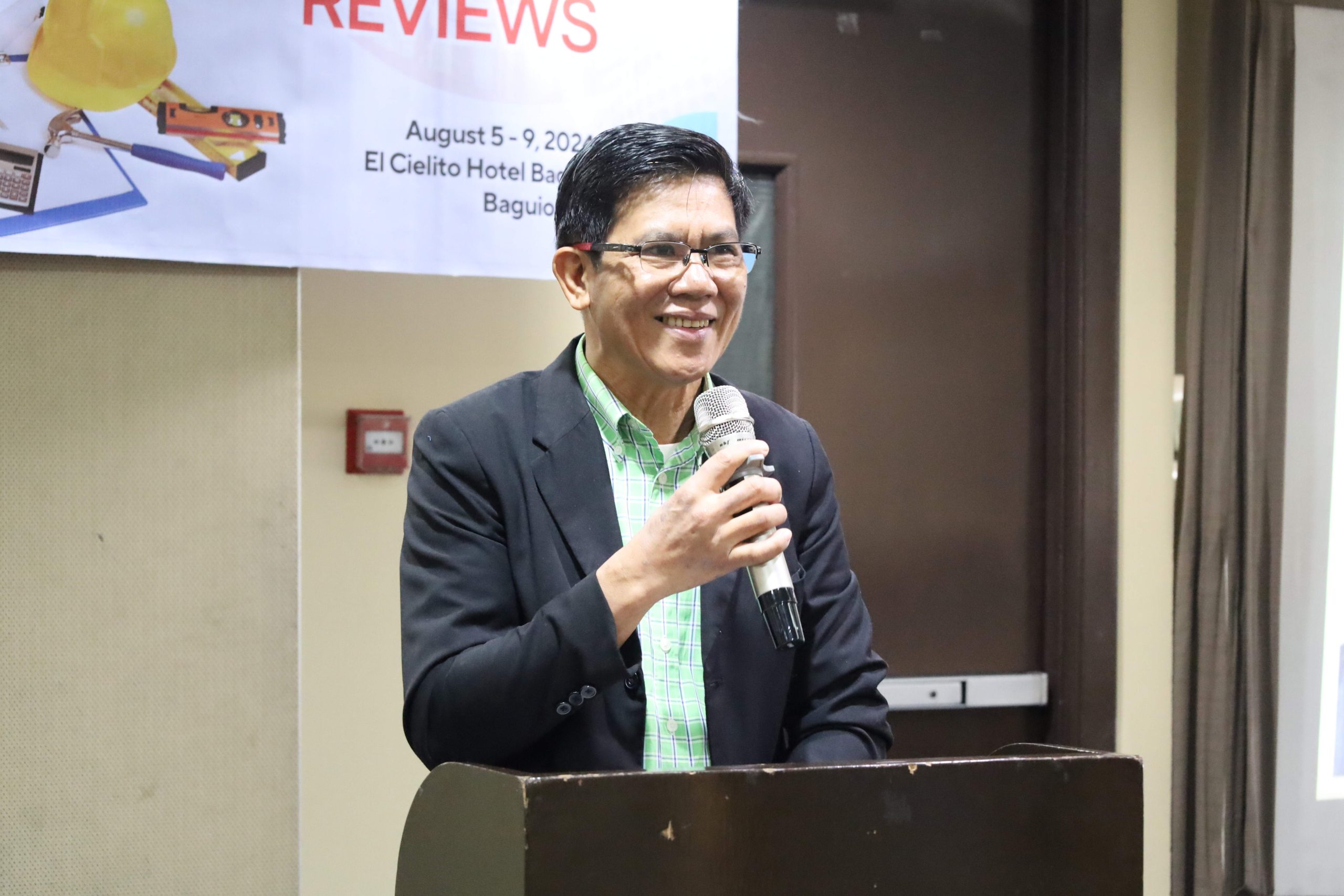
Among the 80 participants of the NAMDAC midyear assessment were CAR Regional Technical Director Engr. Danilo Daguio, Atty. Mary Ann Pasion from the Office of the Undersecretary for Operations and Agri-Fisheries Mechanization, and Policy Development and Coordination Division Chief Engr. Francia Macalintal.
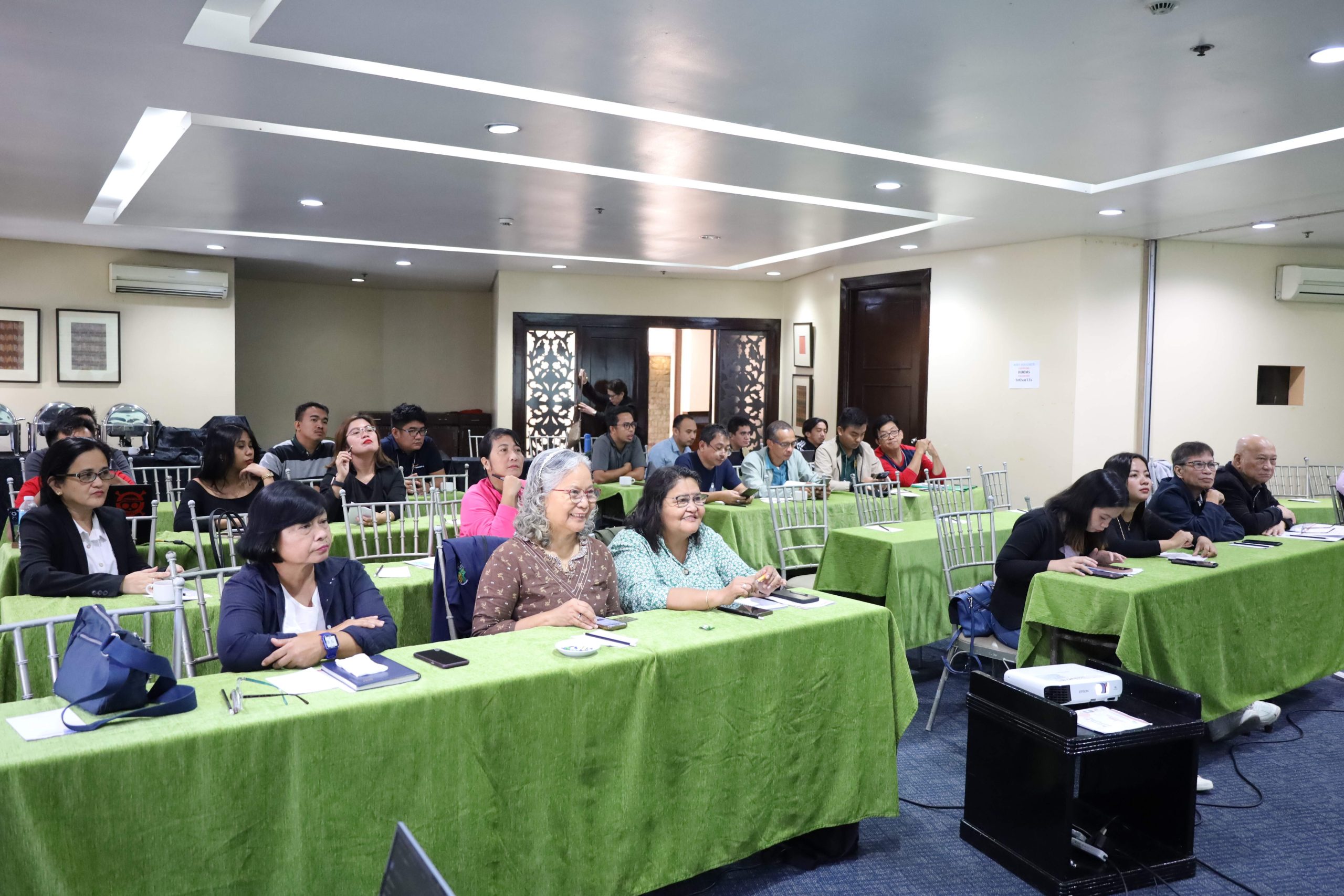
Meanwhile, the CPES performance review brought together around 70 constructors and evaluators to assess the program’s progress and address implementation challenges. Since its inception in 2019, CPES had evaluated 95 ongoing DA infrastructure projects. It currently has 213 accredited evaluators.

In his opening message, PCAF OIC-Deputy Executive Director Cyril Soliaban emphasized the importance of CPES in safeguarding the integrity and quality of DA infrastructure projects. “I’m calling on our evaluators, sana maipakita natin na ang CPES ang most relevant program ng Department of Agriculture (DA),” he said. (I’m calling on our evaluators, let us show everyone that CPES is the most relevant program of the Department of Agriculture.)
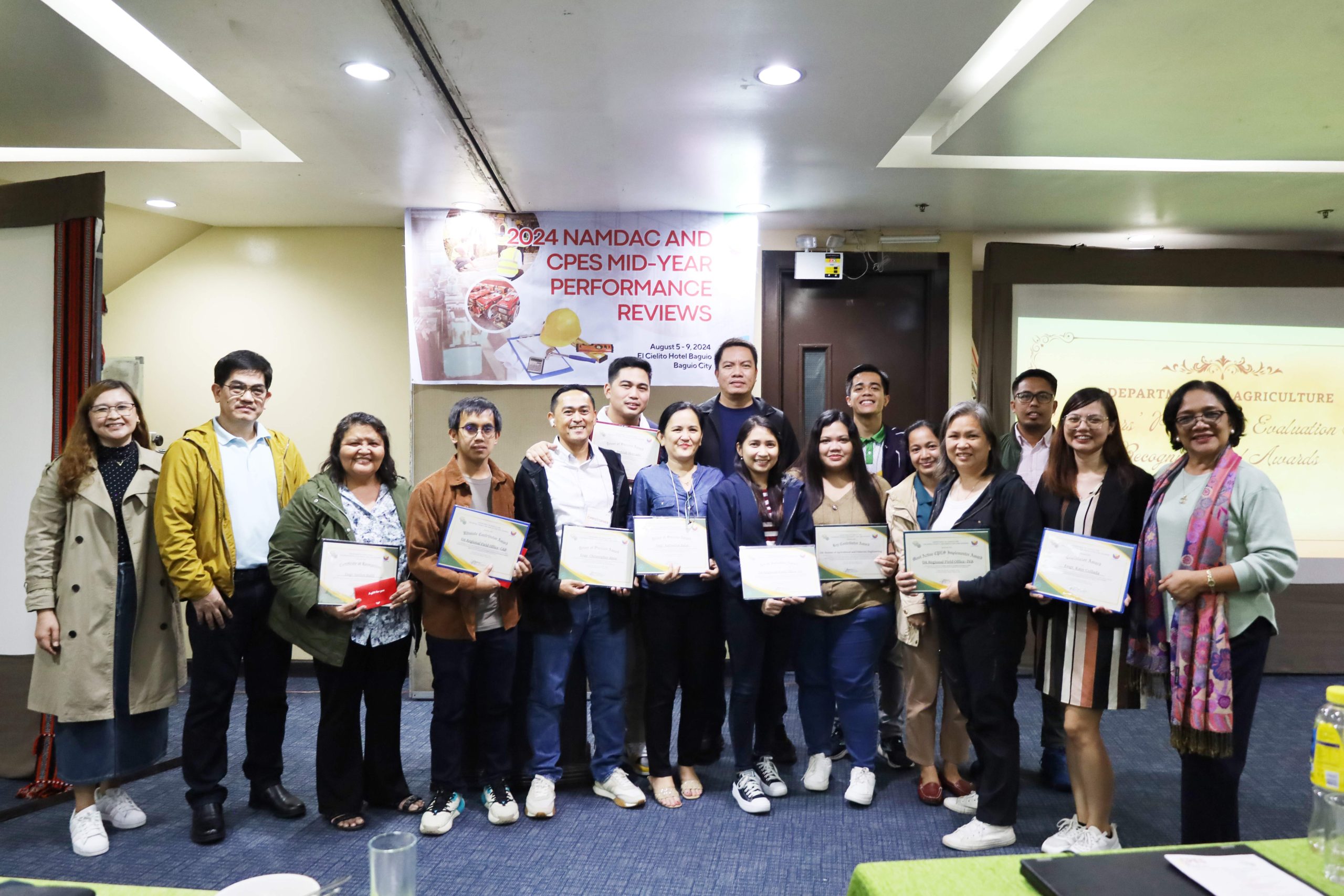
PCAF also recognized the outstanding contributions of evaluators and DA Implementing Offices to the CPES Program through an awarding ceremony. The awardees, who received tokens, were:
- DA-RFO IV-A – Most Active CPES Implementor;
- DA-RFO CAR – Ultimate Contributor Award;
- DA RFO VII – Engagement Champion Award;
- DA RFO III – Ace of Initiative Award;
- Bureau of Agricultural and Fisheries Engineering – Key Contributor Award;
- Engr. Katrina Tuberon-Millano – Most Active CPES Evaluator;
- Engr. Katherine Balao, Engr. Christopher Abne, and Jeshiah Mercado – Driver of Success Award;
- Engr. Jurilyn Balili – Leadership Award; and
- Engr. Ronnel Perey, Engr. Kaye Collada and Engr. Ritchelle Dombasi – Trailblazer Award.
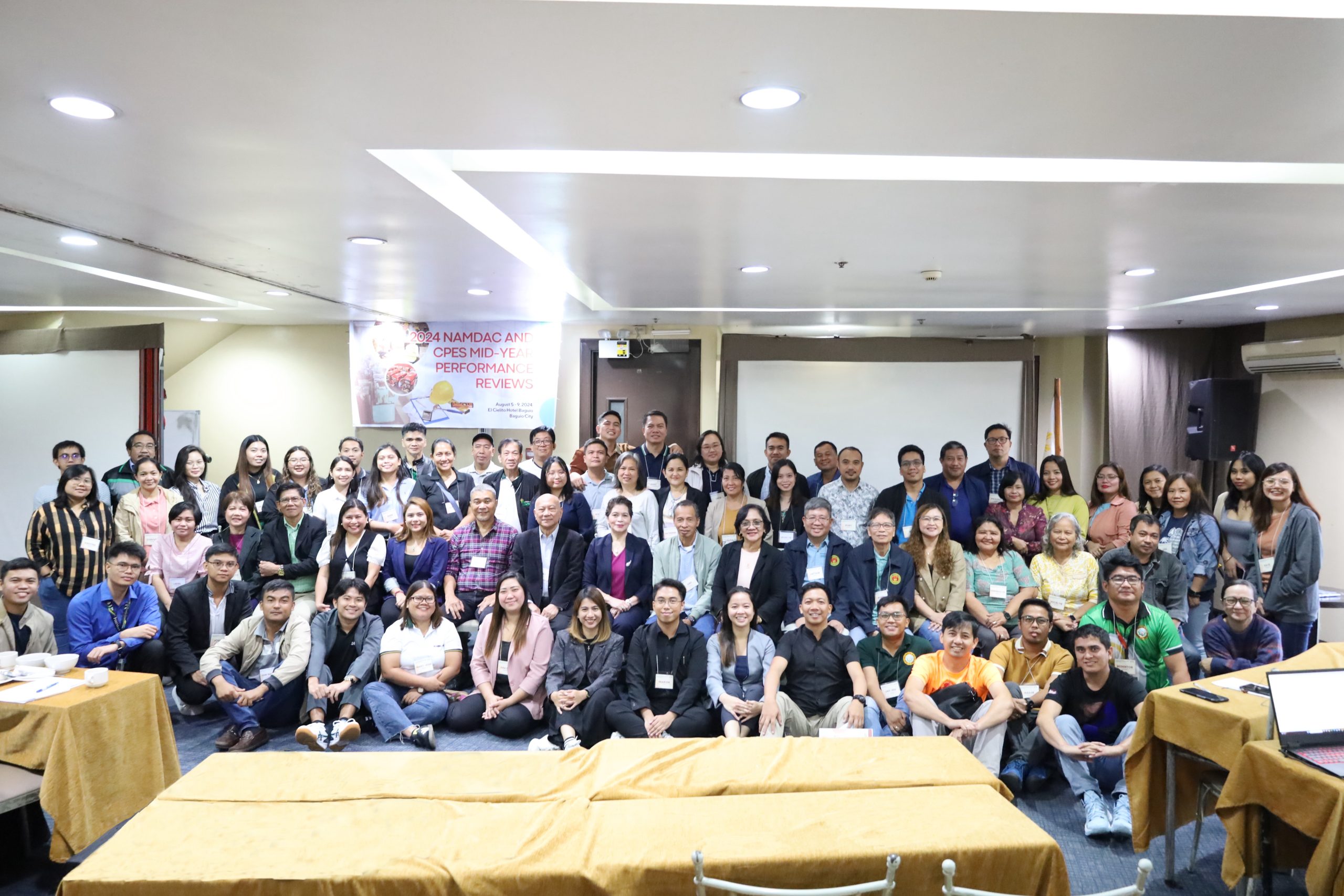
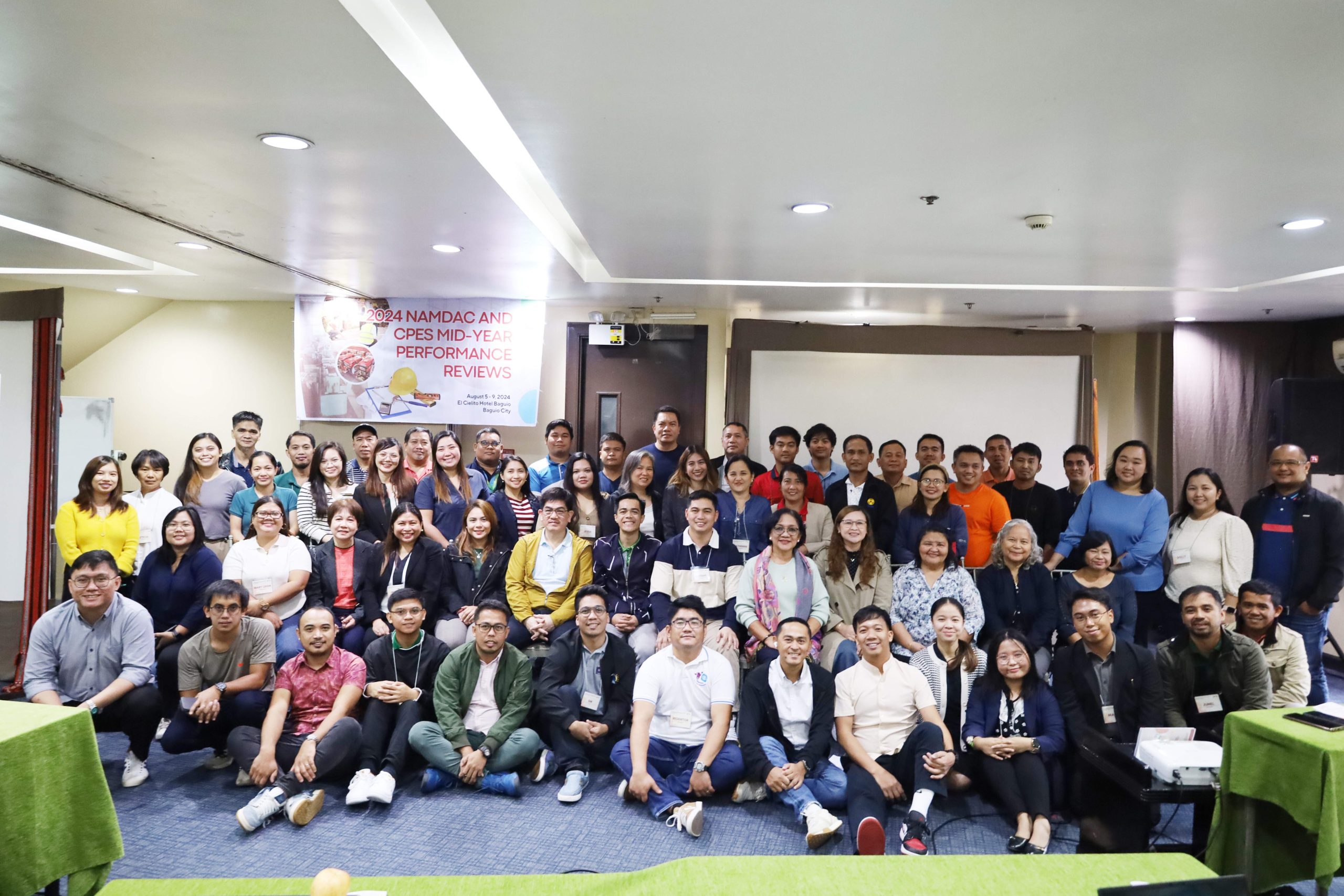
Both NAMDAC and CPES, which are being coordinated and implemented by PCAF’s Policy Development Division-Agricultural and Fisheries Mechanization and Infrastructure Support Section, are vital components of the DA’s efforts to modernize the agriculture sector and ensure the efficient use of public funds for infrastructure development. PCAF’s commitment to holding regular performance reviews underscores its dedication to improving these programs and addressing the needs of the stakeholders. | Joy Camille Luza











